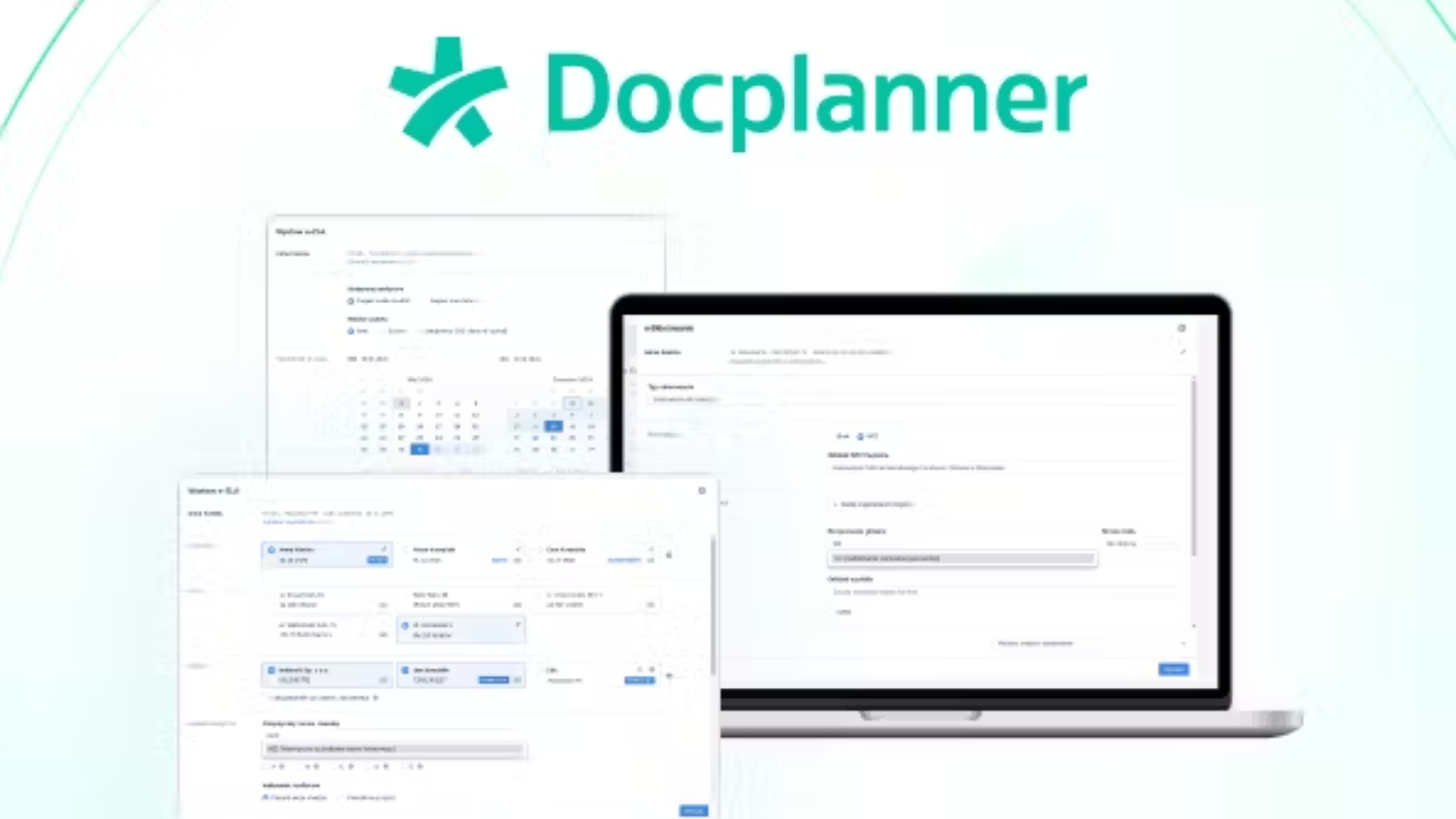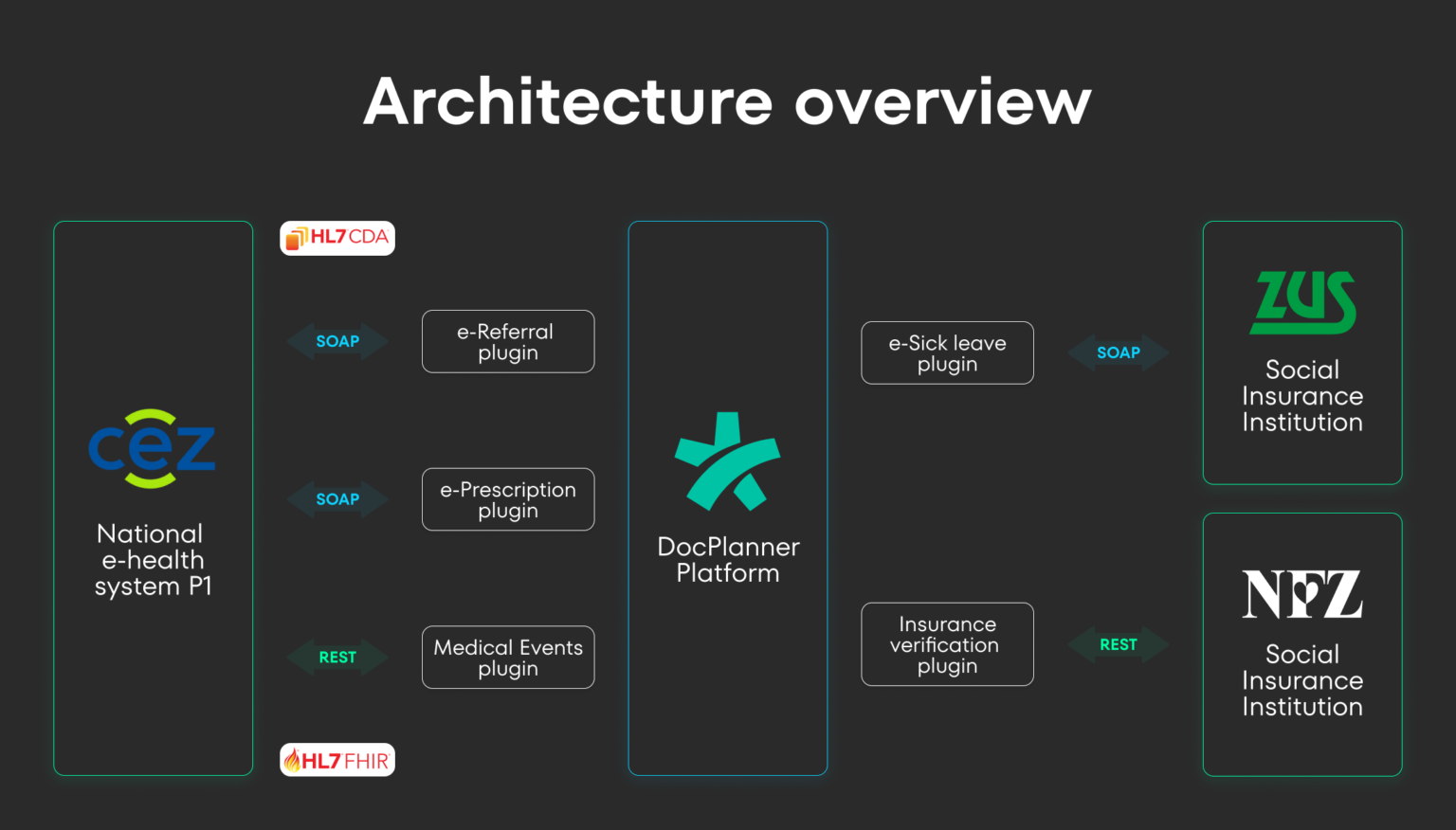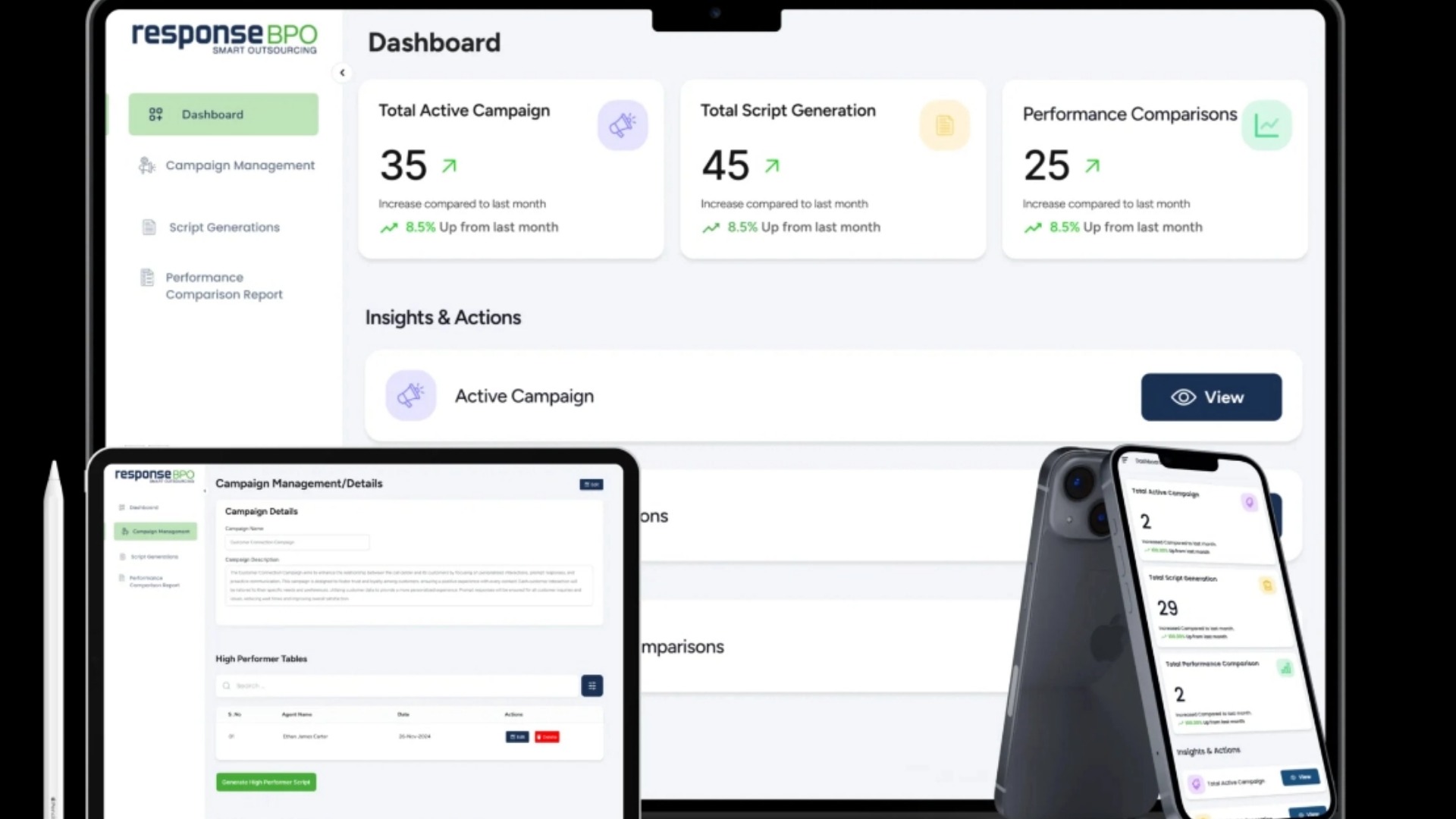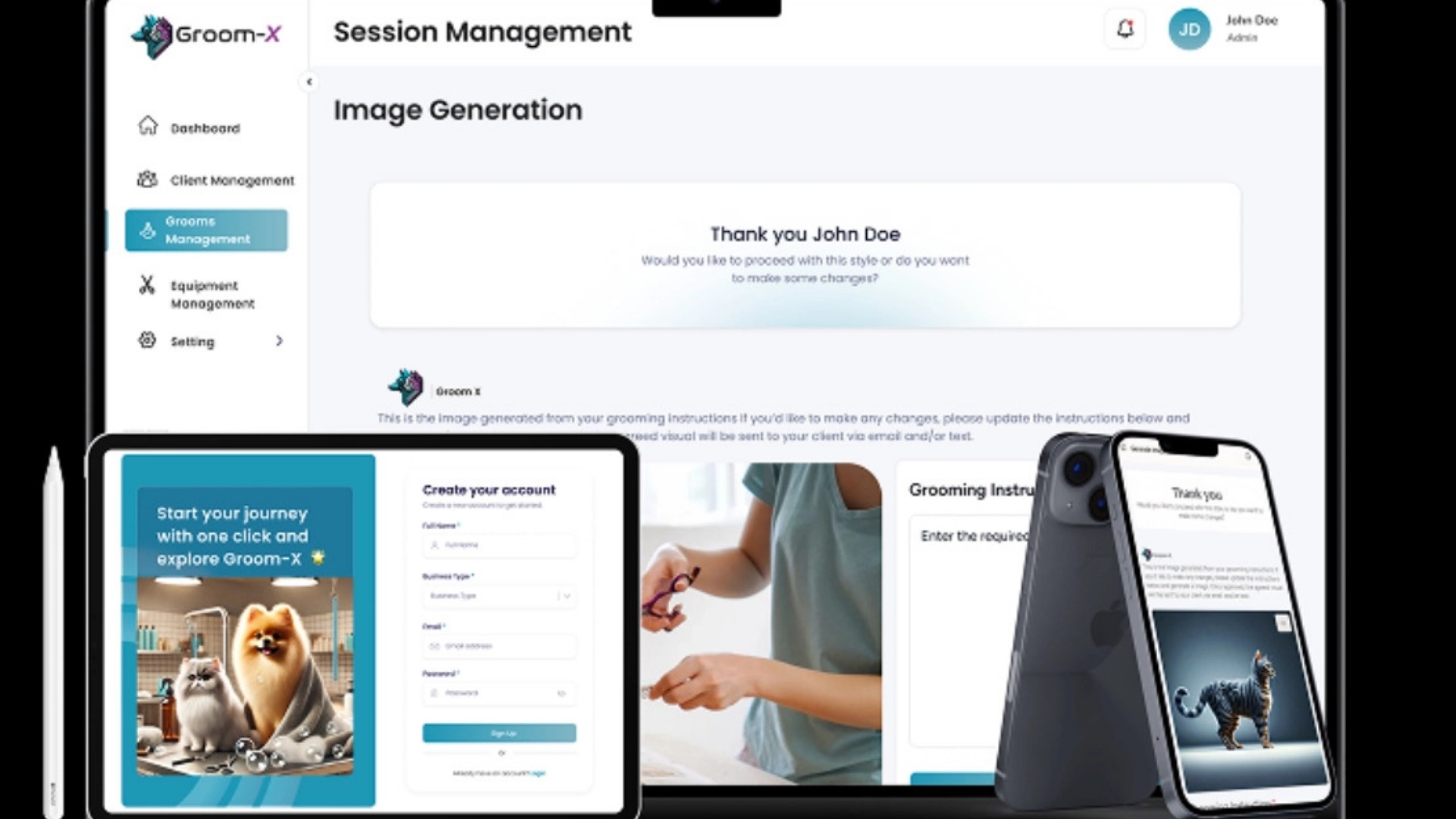
Software Development

NubiSoft’s Role in Advancing Health E-Services
Our collaboration with Docplanner, the world’s leading healthcare platform (operating in 13 countries and serving over 100M users), began in 2020 with what seemed like a straightforward request: integrating the platform with the National Health Fund’s e-WUŚ system in Poland. Very quickly, the scope expanded. We were asked to design and develop modules enabling e-referrals, e-prescriptions, e-medical leave certificates, and insurance verification with NFZ.
Over time, this grew into a permanent cooperation that includes continuous support and development of e-health services. To date, we have successfully delivered five nationwide integrations in Poland and expanded our role to similar projects abroad.
What was the main challenge in this project?
The key challenge was ensuring seamless integration between Docplanner’s international platform and Poland’s highly regulated national e-health infrastructure (P1, NFZ, ZUS). Each integration had to comply with strict legal requirements, support digital certificates, and deliver fast, reliable performance — all while maintaining consistent UX and UI within the platform.
What was your solution or approach?
We started by building a secure module for issuing e-referrals, introducing functionality for storing and transmitting medical certificates. Building on that foundation, we unified the process of handling e-health services by developing native modules for e-prescriptions, medical event reporting, e-medical leave certificates, and insurance verification.
Our team took full ownership of design, development, and QA, using technologies such as Vue.js, Spring Boot, PostgreSQL, Docker, and AWS. Close cooperation with Docplanner’s product managers ensured that business needs were aligned with technical execution.
What was the outcome or impact for the client?
The outcome was a stable, scalable, and fully compliant set of e-health integrations that enabled Docplanner to strengthen its position in the Polish market and extend similar solutions to other countries. Our long-term collaboration not only simplified doctors’ workflows and improved patient experience but also proved that complex national integrations can be delivered quickly, securely, and reliably.
Other software development case studies

Software Development

Software Development
KKodexo Labs
Response BPO – AI Call Analysis & Script Generation Tool
Artificial IntelligenceSoftware DevelopmentDesign+1

Software Development
KKodexo Labs
Groom X – AI-Powered Pet Grooming Platform
Software developmentAI developmentArtificial Intelligence+2
Software Development
Software Development

Software Development
Project Details
N
Industry:Healthcare & Medical
Project URLE-healthFigmaVue.jsJava Spring BootPostgreSQLDockerKubernetesAWS
Need similar services?
Agencies providing software development
Posted this
N
We build software for the healthcare industry.
S
Transforming businesses through innovative technology solutions
T
Transforming ideas into innovative solutions
W
Creative web solutions for a modern online presence
E
A
Website designing Company in India focus on understanding your business goals and transforming them into smart, scalable, and result-driven digital solutions.
4
Designing and Developing Digital Solutions for Brands
T
IT Srvices , Web App Development
Q
Increasing Business Success with Quality Solutions
K
We are the King in VoIP World.
N
Transforming Digital Experience Across Industries